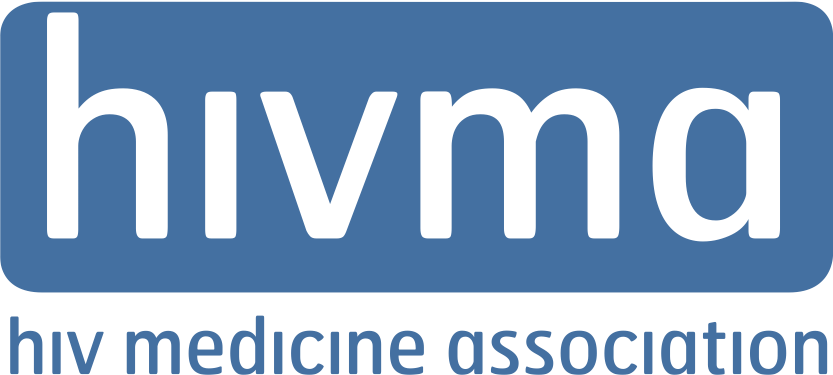HELP Act Will Bolster HIV Workforce and Bring Nation Much Closer To Ending HIV Epidemic
The HIV Medicine Association and the Infectious Diseases Society of America applaud the introduction of legislation on Friday by Rep. Lisa Blunt Rochester (D-DE) to address the critical shortage of clinicians and dentists caring for people with HIV. The HIV Epidemic Loan-Repayment Program (HELP) Act of 2021 is co-sponsored by Rep. Barbara Lee (D-CA) and Rep. Nikema Williams (D-GA).
The HELP Act will establish a new loan repayment program offering up to $250,000 in loan repayment for clinicians who provide up to five years of service in designated HIV professional shortage areas, Ryan White-funded clinical sites or sites that meet the Health Resources and Services Administration’s HIV/AIDS Bureau requirements.
With the advances in HIV prevention and treatment, the federal government launched the End the HIV Epidemic initiative in 2019 with the ambitious goal of reducing new HIV infections by 90% over the next decade. To achieve this historic milestone, there must be a meaningful increase in the number of clinicians caring for people with HIV and expanded access to HIV services for Black and Latinx communities who, according to the Centers for Disease Control and Prevention, account for 69% of new HIV diagnoses nationwide.
“A robust HIV workforce is critical to eliminating barriers to care and ensuring health equity,” said Rajesh Gandhi, MD, FIDSA, chair of the HIV Medicine Association. “HIV treatment prevents new infections. By bolstering the workforce caring for people with HIV, the HELP Act is a major step forward in ensuring care to those who need it most and thereby ending the HIV epidemic in the U.S.”
More than 38,000 people in the U.S. are newly diagnosed with HIV each year, and continued investment in patient care remains critical, particularly as the COVID-19 pandemic exacerbates existing inequities in health care access and treatments.
“Research has shown that when people who are living with HIV are treated by expert HIV clinicians, they experience better health outcomes,” said Daniel P. McQuillen, MD, FIDSA, president-elect of the Infectious Diseases Society of America. “Advancements in HIV care and treatment over the last 30 years and regular access to that care have enabled people with HIV to live long and healthy lives. A shortage of providers who are experts in HIV threatens all the progress that has been made. This underscores the urgency of the solutions outlined in the HELP Act.”
IDSA and HIVMA urge Congress to advance this important legislation.

